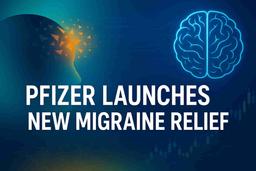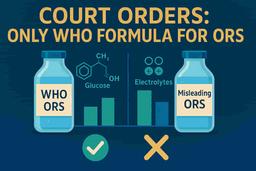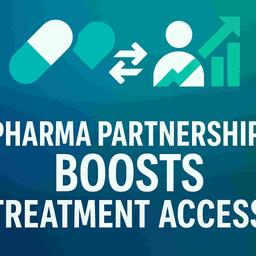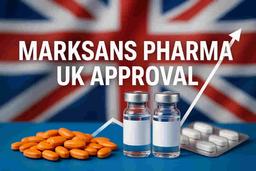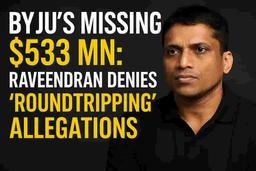A new report by Grant Thornton Bharat highlights how upcoming GST 2.0 reforms, custom exemptions on electric vehicle (EV) components, and the India-Japan CEPA trade agreement are set to significantly boost India's $74 billion automotive component industry. These changes aim to enhance cost competitiveness, strengthen India's position as a manufacturing and export hub, attract further Japanese investment, and accelerate EV adoption.
A comprehensive report by Grant Thornton Bharat, titled “Navigating Change: GST 2.0, customs and FTA impacts on the India-Japan auto sector”, reveals that India's automotive component industry, valued at $74 billion, is on the cusp of significant transformation. This is driven by key policy developments including the rollout of GST 2.0, targeted customs exemptions for electric vehicle (EV) components, and the India-Japan Comprehensive Economic Partnership Agreement (CEPA).
Japan has invested $43.3 billion cumulatively in India, making it the fifth-largest foreign investor. The report analyzes how the evolving regulatory landscape, particularly these policy shifts, is redefining India's auto component ecosystem.
Sohrab Bararia, partner at Grant Thornton Bharat, stated that the convergence of GST 2.0 and customs incentives marks a pivotal moment, enhancing India's cost competitiveness and bolstering its role as a manufacturing and export hub for Japanese automakers.
The revision of Goods and Services Tax (GST) rates under GST 2.0 has streamlined tax structures. Small cars and motorcycles (under 350cc) now attract 18% GST, down from 28% plus cess, leading to price reductions. Premium vehicles and high-end motorcycles face a 40% GST rate, while EVs continue to benefit from a 5% GST.
These GST reforms, complemented by measures in the Union Budget 2025, have spurred interest in the auto component sector, with booking volumes rising by nearly 50% in the small car segment. Customs duty exemptions on lithium-ion battery scrap and critical minerals like lead and copper are securing raw materials. Additional exemptions on capital goods for battery manufacturing and tariff reductions on motorcycles and CKD/SKD units of large vehicles are further enhancing affordability and competitiveness, aligning with the 'Atmanirbhar Bharat' vision.
Saket Mehra, Partner, Auto & EV Industry Leader at Grant Thornton Bharat, added that this regulatory reset is expected to accelerate investment flows, promote EV adoption, and foster the next wave of Indo-Japanese collaboration in clean mobility and advanced manufacturing.
The India-Japan CEPA and the India-Japan Digital Partnership (IJDP) are driving innovation in EVs, connected cars, and AI-based manufacturing. Initiatives like the Supply Chain Resilience Initiative (SCRI) aim to localize key components and diversify sourcing. Moreover, programs like the Japan-India Institute for Manufacturing (JIM) and Japanese Endowed Courses (JEC) are training over 30,000 Indian engineers to meet Japanese manufacturing standards, building a skilled workforce.
Impact
This news is highly significant for the Indian stock market, particularly for companies within the automotive manufacturing and component sectors. The policy changes are expected to drive growth, attract foreign investment, boost EV adoption, and improve overall industry competitiveness, potentially leading to positive stock performance for relevant companies. The enhanced collaboration with Japan also signals long-term strategic benefits. Rating: 8/10.
Difficult Terms:
GST 2.0: An updated version or reform of India's Goods and Services Tax system, aimed at simplifying tax structures and improving compliance.
CEPA (Comprehensive Economic Partnership Agreement): A trade agreement between two countries aimed at reducing barriers to trade and investment, promoting economic cooperation.
EV (Electric Vehicle): A vehicle that uses one or more electric motors for propulsion. Typically powered by rechargeable battery packs.
Atmanirbhar Bharat: A vision promoted by the Indian government, meaning 'self-reliant India', encouraging domestic production and self-sufficiency.
CKD/SKD units (Completely Knocked Down/Semi Knocked Down): Refers to vehicle kits imported for assembly in the destination country. CKD means more parts are unassembled than SKD.
Supply Chain Resilience Initiative (SCRI): An initiative to build resilient supply chains, reduce reliance on single sources, and ensure availability of critical components.
Japan-India Institute for Manufacturing (JIM): A training institute established to enhance manufacturing skills in India, often with Japanese collaboration.
Japanese Endowed Courses (JEC): Educational programs or courses in Indian institutions that are supported or endowed by Japanese entities, focusing on relevant industry skills.
